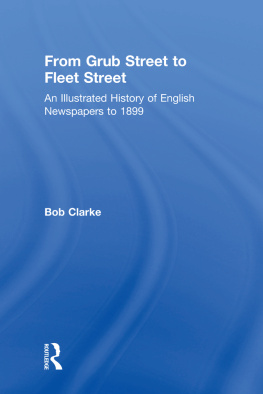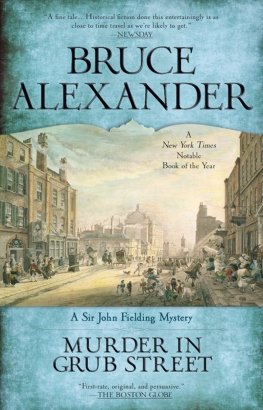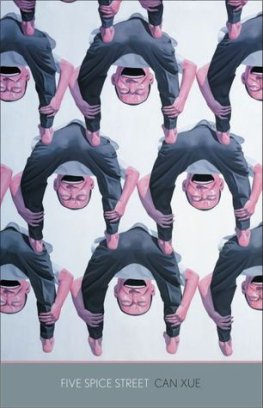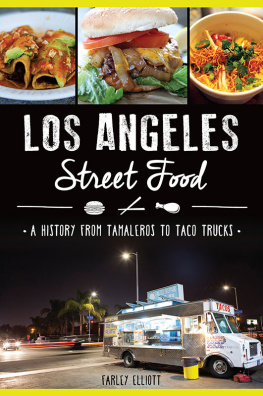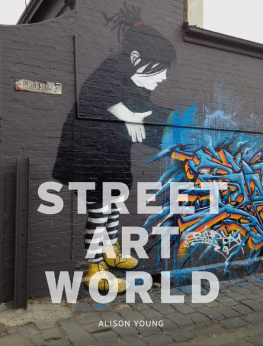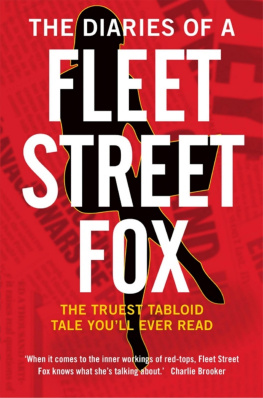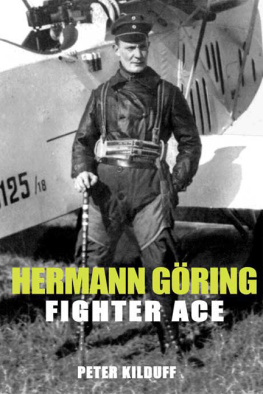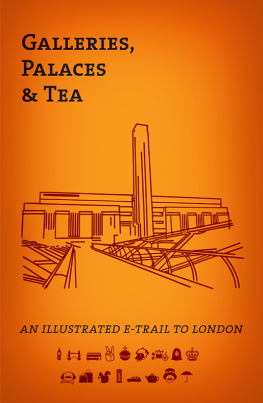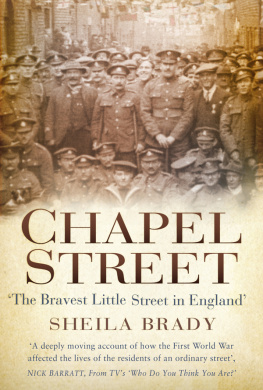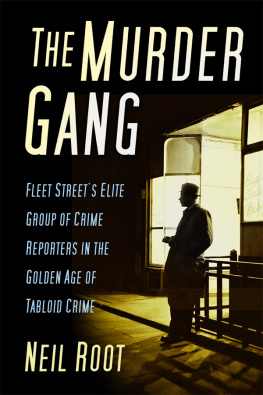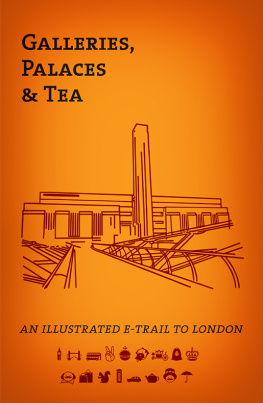Bob Clarke - From Grub Street to Fleet Street: An Illustrated History of English Newspapers to 1899
Here you can read online Bob Clarke - From Grub Street to Fleet Street: An Illustrated History of English Newspapers to 1899 full text of the book (entire story) in english for free. Download pdf and epub, get meaning, cover and reviews about this ebook. year: 2004, publisher: Routledge, genre: Art. Description of the work, (preface) as well as reviews are available. Best literature library LitArk.com created for fans of good reading and offers a wide selection of genres:
Romance novel
Science fiction
Adventure
Detective
Science
History
Home and family
Prose
Art
Politics
Computer
Non-fiction
Religion
Business
Children
Humor
Choose a favorite category and find really read worthwhile books. Enjoy immersion in the world of imagination, feel the emotions of the characters or learn something new for yourself, make an fascinating discovery.
- Book:From Grub Street to Fleet Street: An Illustrated History of English Newspapers to 1899
- Author:
- Publisher:Routledge
- Genre:
- Year:2004
- Rating:5 / 5
- Favourites:Add to favourites
- Your mark:
- 100
- 1
- 2
- 3
- 4
- 5
From Grub Street to Fleet Street: An Illustrated History of English Newspapers to 1899: summary, description and annotation
We offer to read an annotation, description, summary or preface (depends on what the author of the book "From Grub Street to Fleet Street: An Illustrated History of English Newspapers to 1899" wrote himself). If you haven't found the necessary information about the book — write in the comments, we will try to find it.
Bob Clarke: author's other books
Who wrote From Grub Street to Fleet Street: An Illustrated History of English Newspapers to 1899? Find out the surname, the name of the author of the book and a list of all author's works by series.
From Grub Street to Fleet Street: An Illustrated History of English Newspapers to 1899 — read online for free the complete book (whole text) full work
Below is the text of the book, divided by pages. System saving the place of the last page read, allows you to conveniently read the book "From Grub Street to Fleet Street: An Illustrated History of English Newspapers to 1899" online for free, without having to search again every time where you left off. Put a bookmark, and you can go to the page where you finished reading at any time.
Font size:
Interval:
Bookmark:

2 Park Square, Milton Park, Abingdon, Oxon OX14 4RN
711 Third Avenue, New York, NY 10017, USA
Product or corporate names may be trademarks or registered trademarks, and are used only for identification and explanation without intent to infringe.
Clarke, Bob
From Grub Street to Fleet Street: an illustrated history
of the English newspaper to 1899
1. Newspapers Great Britain History
I. Title
072'.09
Clarke, Bob, 1949
From Grub Street to Fleet Street: an illustrated history
of English newspapers to 1899 / Bob Clarke.
p. cm.
Includes bibliographical references and index. (alk. paper)
1. English newspapers History. 2. Journalism England History.
I. Title.
PN5114.C58 2004
072dc22
2004001782
Grub Street
Grub Street: an Introduction


Font size:
Interval:
Bookmark:
Similar books «From Grub Street to Fleet Street: An Illustrated History of English Newspapers to 1899»
Look at similar books to From Grub Street to Fleet Street: An Illustrated History of English Newspapers to 1899. We have selected literature similar in name and meaning in the hope of providing readers with more options to find new, interesting, not yet read works.
Discussion, reviews of the book From Grub Street to Fleet Street: An Illustrated History of English Newspapers to 1899 and just readers' own opinions. Leave your comments, write what you think about the work, its meaning or the main characters. Specify what exactly you liked and what you didn't like, and why you think so.

